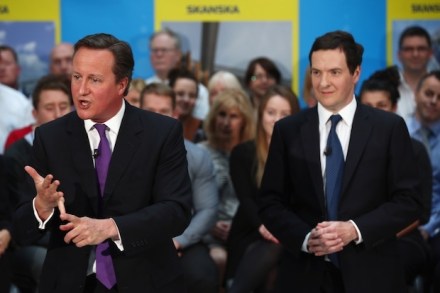Yes, Britain is a Christian country
I can’t say it was a great surprise to read a letter from a group of well-known authors, academics, comedians and politicians in the Telegraph earlier this week complaining about David Cameron’s description of Britain as a ‘Christian country’. As a general rule, any acknowledgment of Britain’s Christian heritage has members of the liberal intelligentsia reaching for their keyboards and angrily typing out words like ‘sectarian’, ‘alienation’ and ‘division’. As Harry Cole argued in a blog post for The Spectator, the evidence that Britain is a Christian country is overwhelming. We have an established church, our head of state is also the defender of the faith and 59 per cent





















